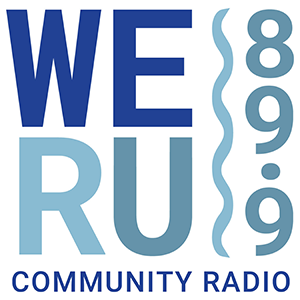Producer/Host: Carolyn Coe
Part I: Lead in the drinking water in Flint, Michigan. How did the state of Michigan’s actions, under the direction of a state-appointed emergency managers, cause the poisoning of the drinking-water in Flint, Michigan?
What actions did Flint residents, scientists, journalists, and the medical community take to demand safe drinking water? What steps are being taken to help mitigate the damage done by lead ingestion?
Part II: Palestinian refugees’ situation in Lebanon. How do NGOs help preserve Palestinian heritage in Lebanon where the previous Lebanese Minster of Education banned the teaching of Palestinian history and geography?
How can Palestinians earn income despite discriminatory labor laws in Lebanon?
Guests:
Dr. Mona Hannah-Attisha, pediatrician, director of pediatric residents, and whistleblower
Flint Child Health and Development Fund:
Robert Shetterly, activist and artist of the Americans Who Tell the Truth portrait series
Nadia Abdelnour, board president of Innash Association
Grace Said, board member of Innash Association
Umm Mohammed, embroiderer for Innash Assoc.
Samar Kabouli, Innash Assoc. employee who helps to coordinate Innash’s embroidery project
Kassem Aina, Director of the National Institution of Social Care and Vocational Training (Beit Atfal Assumud)
Podcast: Play in new window | Download



 Donate to WERU Today!
Donate to WERU Today!